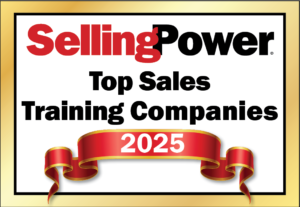How to Make Faster, Better Decisions
Making faster, better decisions is a matter of listening to your heart and your head, says Noah St. John, author of Permission to Succeed and a consultant with the Success Clinic. He and Success Clinic vice president Denise Berard have come up with the following five tips to help you make the best choice, quickly.
Do a Ben Franklin. When old Ben had a pressing question and no clear answer he’d make two lists, one of pros and one of cons. Then he’d rank each item on the list with a point value. The next step he’d do is compare the aggregate value of each list, says St. John. “You get confused when you try to keep everything in your head,” he explains.
Balance logic and emotion. There is a place for emotion in business decisions, says Berard, noting that not all emotion is illogical. For example, if you’re hesitating over a new hire with great experience because you get an off feeling about the individual, your emotion might be totally grounded. If you have trouble communicating with the person, your customers might, too. Ask yourself where the emotion is coming from. If there’s a reasonable source behind it, don’t rush to discount your feelings.
Don’t waste your time. Do you spend as much time choosing the format of your call reports as you do figuring out which SFA software to buy? If so, you may have lost your perspective. When making a decision, St. John says, examine the real-life cost of the decision in front of you. He likens overanalyzing small decisions to agonizing over choosing a movie to purchase online. “Don’t take an hour and a half for [that],” he says. “This is a $10 decision.” Make sure the amount of time and energy you invest in the decision is commensurate with the value and risk of the choice.
Cut down on your options. Anyone who’s ordered a caramel mocha frappuccino can attest that we’re overloaded with options. One way to home in on the best choice is to limit the field. Decide what factors are critical to you and look only at options with those A-list factors, says St. John. For example, if you’re buying new laptops for the field sales team you might consider only models that have a battery life of more than two hours, that cost less than $3,000, and that come with a three-year service contract.
Deal with what’s at hand. Sometimes decisions become overwhelming because we think too far ahead. We worry about a chain of events and become frozen at Step 1 because we can’t figure out Step 8. “Don’t focus on the future too much – or on the past,” says Berard. Hashing things over and over, or obsessing about what might occur, is wasted time. Make the decision at hand knowing the past is over and that you’ll deal with future issues when they arise.
Get our eNewsletter
Get the latest sales leadership insight, strategies, and best practices delivered weekly to your inbox.
Sign up NOW →